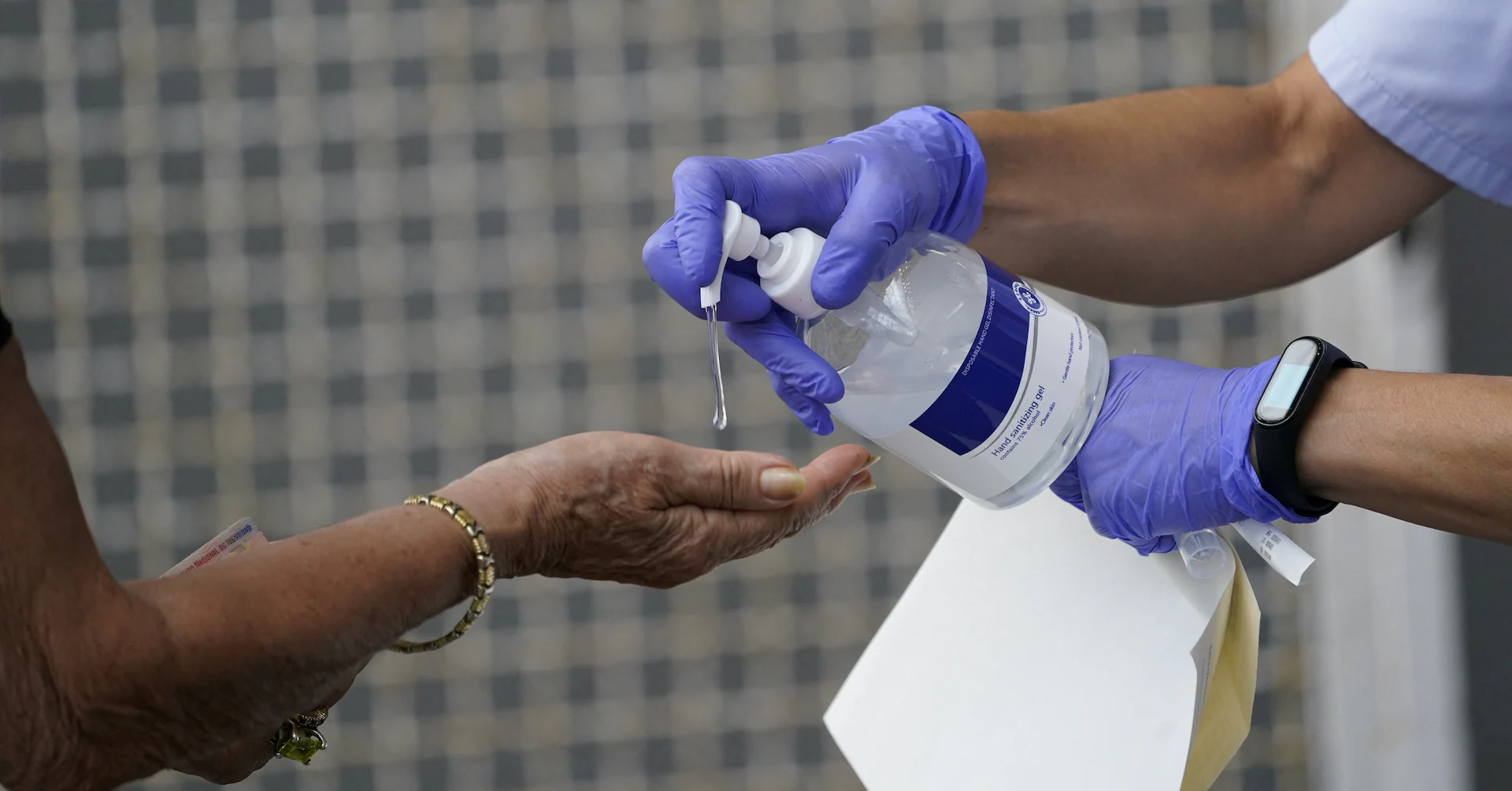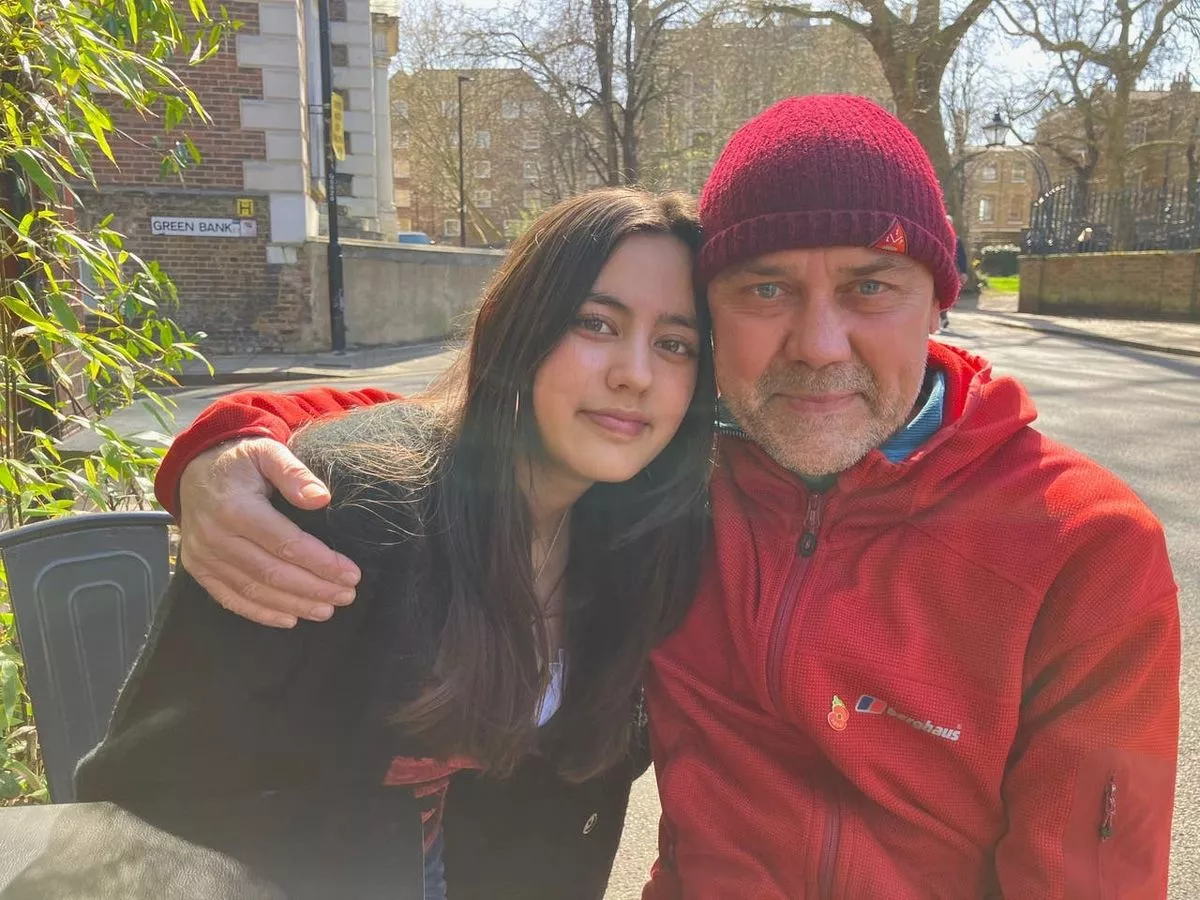Copyright scoop

New Zealand is staring down the barrel of a major health crisis with medical experts warning of an alarming rise in the number of young people being diagnosed with type 2 Once considered a condition mainly affecting adults, type 2 diabetes is increasingly being seen in children and young people – a trend doctors say is deeply concerning and signals a mounting strain on the country’s health system in years to come. Starship Children Hospital’s paediatric endocrinologist Dr Craig Jefferies says 20 years ago it was very uncommon to diagnose a child or teenager with type 2 diabetes. seeing cases rise in young people all over the world – and New Zealand is no exception. And while that number is relatively small compared to adults, the impact is far more severe as these children have a lifetime ahead of them with diabetes unless its reversed. “Type 2 diabetes is particularly aggressive in children and teenagers. They develop complications much earlier and much faster than adults, and their risk of blindness, amputations, kidney failure and heart disease is going to be far higher than their parent or previous generation. If left undiagnosed and unsupported, the outcomes can be devastating.” Children most at risk often develop type 2 diabetes having been exposed to diabetes through their mothers in early childhood. They are more likely to be of Māori, Pasifika or Asian decent and more likely to develop the disease if their mother has the condition, especially in their pregnancy. “For young people, type 2 diabetes is not just a lifestyle disease – it’s driven by complex genetic, social and environmental factors well beyond their control, though weight is added driver or determinant for diabetes” says Dr Jefferies. more mothers with type 2 diabetes are having children, those children are now at higher risk. Combined with genetic predisposition in some populations, this is fuelling the growing trend in New Zealand.” Dr Bryan Betty, chair of General Practice NZ and specialist general practitioner in Cannons Creek Porirua, says the shift in who is being diagnosed must also change how primary care “Type 2 diabetes in young people was once rare, so it wasn’t on the radar for many GPs. That’s no longer the case. When children and young adults present with symptoms such as excessive thirst, frequent urination, extreme tiredness or unexplained weight loss, diabetes must be part of the diagnostic thinking. Early detection is critical to avoiding the worst complications.” warning of the rise in type 2 diabetes in young people comes at the start of Diabetes Action Month – Diabetes New Zealand’s annual awareness and education campaign, this year aptly themed around diabetes and youth. is clear the numbers of type 2 diabetes in youth are on the rise, Diabetes NZ chief executive Heather Verry says the exact figures are difficult to determine. hard to calculate the exact numbers because our national diabetes register doesn’t distinguish between type 1 and type 2 diabetes. However, estimates show that around 6,000 young New Zealanders under the age of 25 live with diabetes – the majority with type 1, but cases of type 2 are rising steadily. Globally, this is one of the fastest growing health issues for young people,” says Ms “We are calling on the government to prioritise urgent investment to better support the growing number of young New Zealanders living with type 2 “At present, there are no tailored programmes or resources for young people living with type 2 diabetes. We need age-appropriate, practical, and non-judgemental education alongside holistic support that address mental health and reduces stigma. These children deserve the chance to thrive.” Ms Verry says the rising trend should act as a wake-up call for decision-makers. “We cannot afford to wait until the numbers become overwhelming. The time to act is now to put prevention, education and support in place for these valued members of our community.” Experts warn that if this trend continues New Zealand faces a significant increase in youth type 2 diabetes in the coming decades. Jefferies adds: “Nothing good comes with that increase – not for the children, their whānau, or for New Zealand as a whole. The burden will be felt across the health, social and economic systems. Unless we act now, the cost will be staggering both in lives and resources.” © Scoop Media



